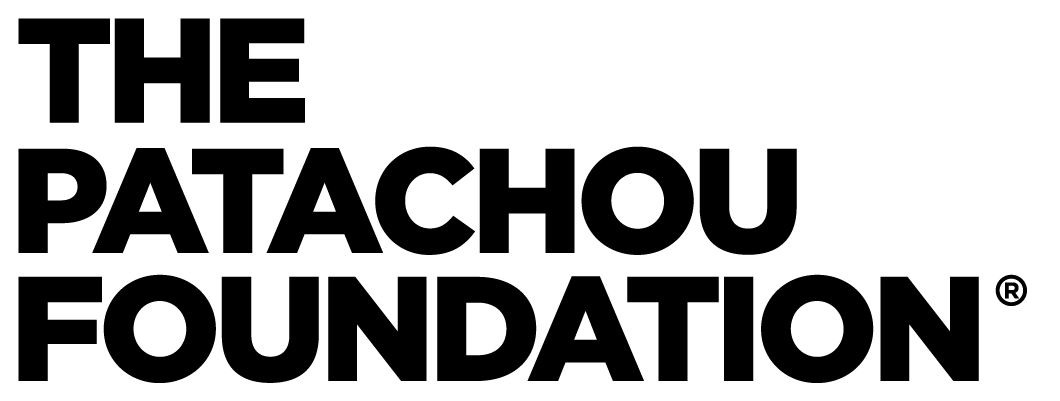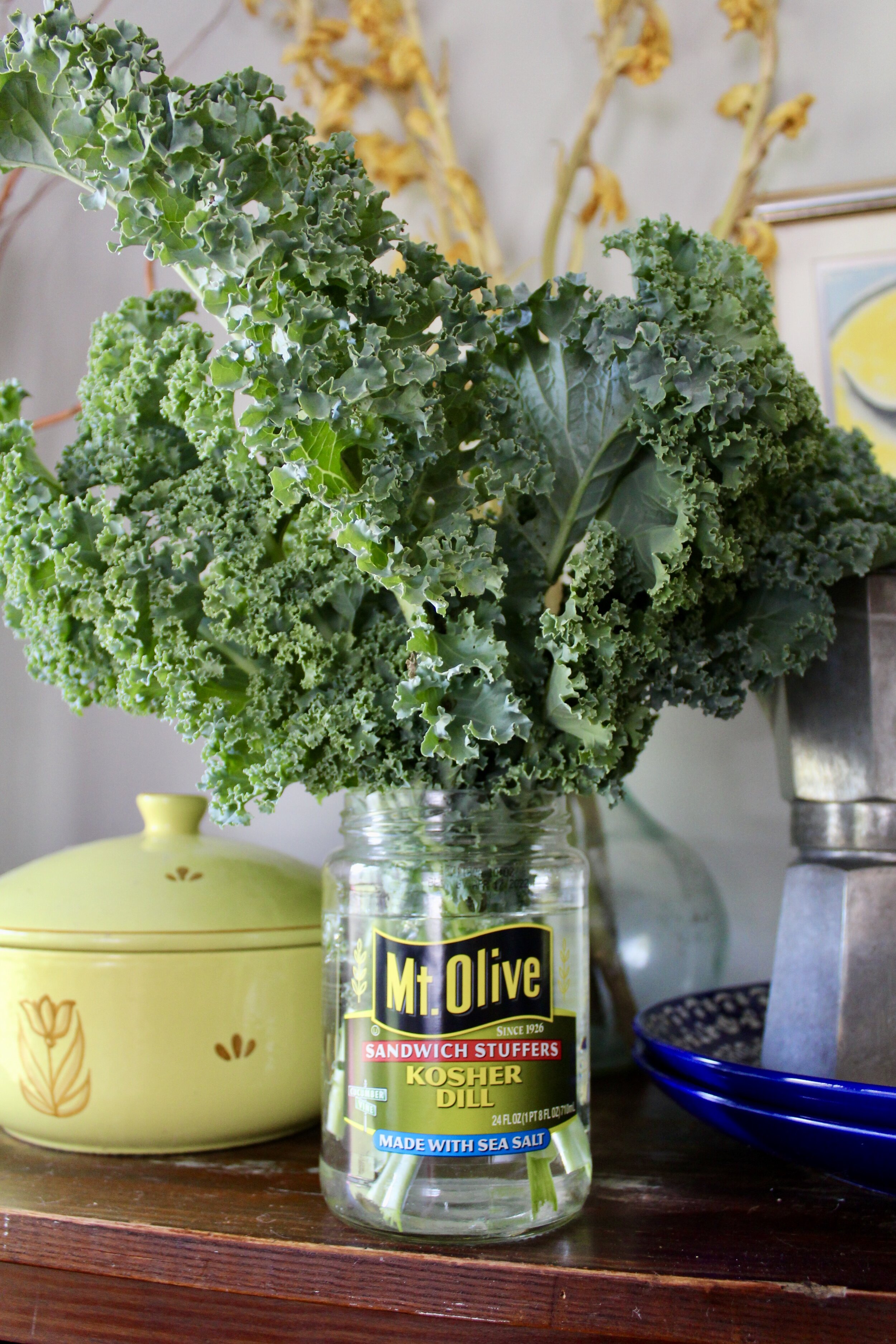An Ounce of Prevention: Stop Food Waste in Its Tracks
by Myriah Wallace
Myriah is the Food and Community Liaison and a farmer for The Patachou Foundation. In addition to growing fresh produce for The Patachou Foundation’s scratch-made meals, they foster relationships with the communities we serve and creates educational programming surrounding the food system and food justice.
I didn’t waste food growing up. My parents never forced me to clean my plate; I simply loved to eat and still do. Funny enough, I can remember saving the bones from the fish I ate one night to take to “show and tell” the next day. As you can imagine, the other kids thought I was a total weirdo. But, hey! They were neat and I had found a purpose for those bones instead of throwing them in the trash.
The United States is the global leader in food waste*. Roughly one-third of all the food we grow here in the US ends up in a landfill (animals included), which the USDA Economic Research Service claims corresponds to a total loss of $161 billion worth of food per year. This amount of waste has devastating effects on both our environment and the people who inhabit it. It’s not just food that’s thrown away: water, land, energy, and labor are also wasted. Additionally, there is a missed opportunity for food full of nutrients to reach people that need it.
Wouldn’t it be cool if we could prevent waste from happening in our homes? As they say; an ounce of prevention is worth a pound of cure.
Waste prevention starts with the way that we shop. Buy what you know you and your family can use. Challenge yourself on occasion to see if you can use nearly everything in your pantry before heading to the store to restock— you might be surprised what you find!
Even when we do our best to buy and cook only what we can use, sometimes we still end up with a bit of excess food. Here are three tips I use in my life:
What I’ve found useful over the years is to gift food that I know will go uneaten in my house. Did I buy asparagus knowing darn well I wasn’t in the mood? I’ll gift it to an asparagus-loving friend. Did I make way too much of a dish to be able to eat within a couple of days on my own? I’ll gift it to a neighbor. These little acts build community and foster positive relationships with those around you. Score!
Next, make sure you’re storing your groceries properly. Did you know produce will last longer if you wait to wash until you’re ready to use them? Washing your produce will significantly reduce its shelf-life. Cut the bottom of the stems of your hardy greens and herbs and stick them in a glass of water to be stored either in the fridge or on the countertop. Treat them as you would a flower bouquet (see below). Fewer things want to go in the fridge than you may think, check out this article for more detailed information on food storage.
My final recommendation is to get freezer savvy. You can freeze chopped ripe avocado, bananas, berries, greens, the list goes on. Keep a freezer bag of vegetable scraps to make stock— great scraps for this include onion, carrots, celery, garlic, ginger, lemons, herbs, and peppers. Pro tip: freeze the stock, too! In The Patachou Foundation’s production kitchen, Chef Twinkle likes to save specifically onions, carrots, and celery to make mirepoix; a flavor base in many of our soups.
Waste is a major problem in our food system. What’s worse is that it’s a perfectly preventable problem. Issues this large will require systemic change, but systemic changes start with the small changes in our daily habits.
*What’s food waste? It’s exactly what the name suggests: any food that goes uneaten and into the trash. Before food has even reached the store waste can occur due to insects, birds, rabbits, mold, disease— some food even gets thrown away just because it doesn’t fit the consumer’s expectation of a perfect appearance. Once in the store, waste happens when food is over-ordered and expires, or when equipment malfunctions. Lastly, waste becomes an issue again when we bring food home. Maybe it’s that takeout in the back of the fridge, or the forgotten box of spinach shoved in the crisper next to the abandoned kale.



